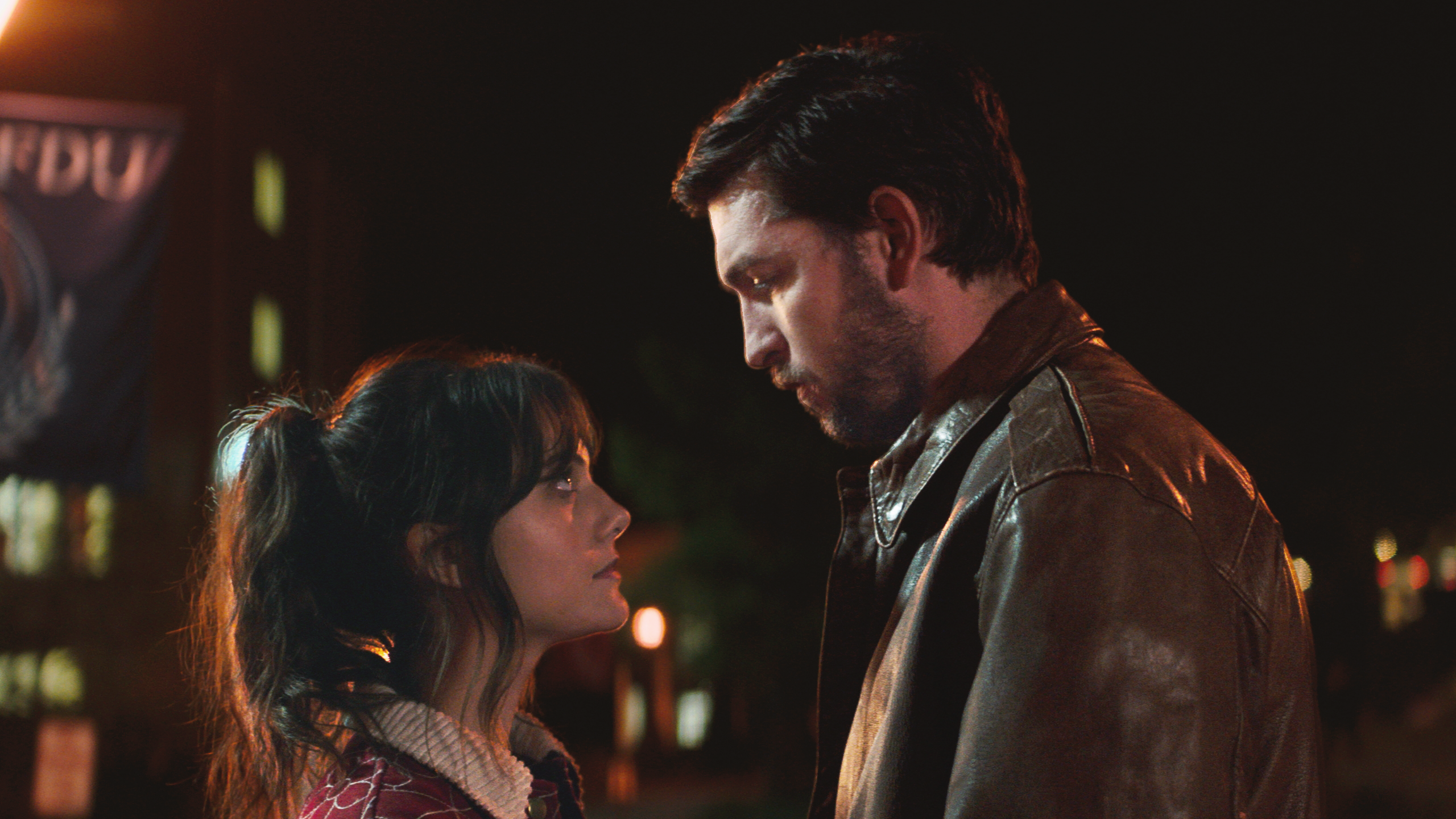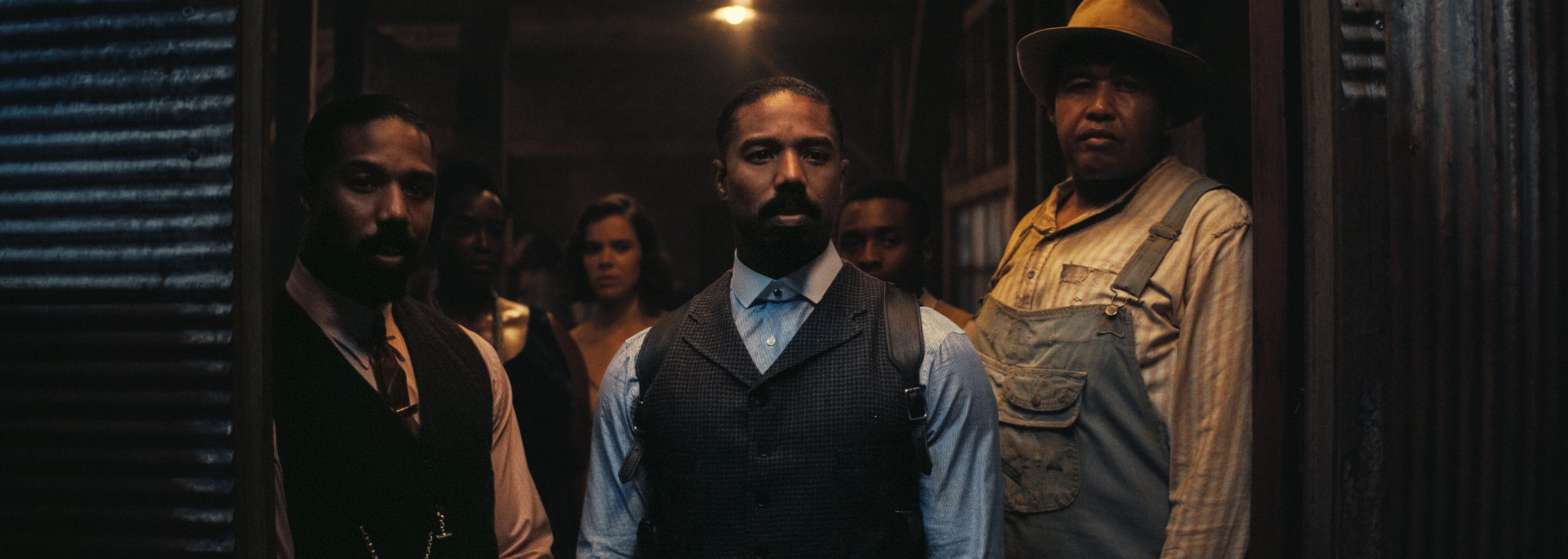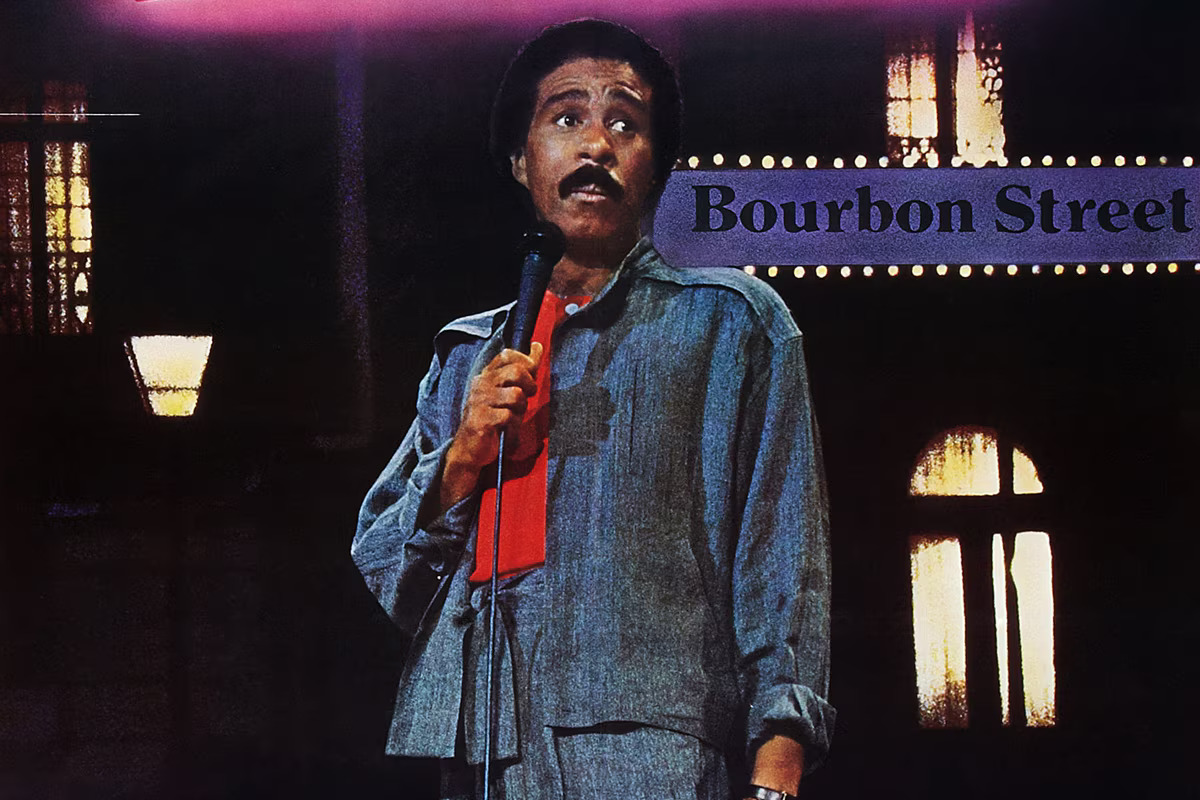
Susanna Fogel spoke with Solzy at the Movies about her new film, Cat Person, starring Emilia Jones and Nicholas Braun.
The modern-day dating story quickly turns into a provocative psychological thriller. Where is the line between fantasy and reality? One thing that is definitely for sure is that audiences will immediately be talking after the film because topics surrounding dating, seduction, and consent.
Fogel directs from a script written by Michelle Ashford and based on the 2017 viral story written by Kristen Roupenians and published in The New Yorker. In addition to Jones and Braun, the film also stars Geraldine Viswanathan, Hope Davis, Isabella Rossellini, Liza Koshy, and Isaac Powell.
The genre-bending thriller premiered earlier this year during the 2023 Sundance Film Festival in Utah. Rialto Pictures will release the film–starting with New York and Los Angeles–on October 6.

It’s so nice to meet you today. How are you doing?
Susanna Fogel: Hey, good. How are you?
I am doing well.
Susanna Fogel: Good.
Cat Person is quite the genre thriller. How did you first become attached to directing the film?
Susanna Fogel: I became attached when Michelle Ashford had written the script—the producer, Jeremy Steckler, and I had worked on another project together. He mentioned this one to me and I, of course, was familiar with the short story. I’d read the short story and wasn’t quite sure how it would become adapted because it felt like a very small internal movie, and I worried that it would be a little independent mumblecore style thing. I didn’t know how it would be made cinematic although I was sure someone would try it. Because living in Hollywood, that’s the first thing you think when you read something interesting is someone’s going to adapt this—who is it going to be and how are they going to mess it up? But I loved Michelle script. I thought it was just brilliant how she managed to make all of those internal monologues from Kristen’s story really cinematic and use them to really raise the psychological stakes of things for Margo so I was excited to do that. Having done The Flight Attendant and some other psychological thrillers, it just felt like a natural extension of what I was working on.
Yeah. It’s so different from The Spy Who Dumped Me!
Susanna Fogel: It is, yes.
Were there any films in particular that helped inspire the tone or style?
Susanna Fogel: There are a few, yeah. I definitely learned a lot when I was making The Flight Attendant about intergenre filmmaking and combining observational humor with elevated heightened stakes thriller vibes, but also, we talked a lot about movies like Raw, the French film which deals with cannibalism and vampire sexuality and all of that turned into one. That was a really good movie that came out a few years ago. But we talked about that film just because it’s a young woman and dealing with her sexuality in this thriller way. We talked a lot about Parasite, actually, because it’s a film that starts with a sense of being a social commentary and has keenly observed but slowly unfolding details about these people, and then slowly becomes a horror movie. It requires some patience to watch that movie because you don’t get the immediate gratification of knowing in the first few minutes where it’s going and we wanted that in this movie, too. We wanted it to feel like you’re as confused about where it’s going as Margo and Robert are confused about where their relationship is going from the minute they start flirting to the end. They don’t know what’s happening and what they’re doing there. I liked the idea of forcing the audience into that same sense of confusion and growing panic.
How honored were you to premiere the film at Sundance?
Susanna Fogel: That was really wonderful. I had been I was assigned to Sundance Writing Lab alumna from years ago and it was always my dream to show a film there and I never had. I had been mentoring for the labs and I’ve been part of that community, but the brass ring was getting to actually premiere a movie there. It was really wonderful. It was the perfect place for it because it is such an impassioned group of film lovers who have really strong opinions. For better and for worse, you really get a lot of raw, impassioned moviegoers telling you what they think and seeing it on the big screen and for this movie, that was perfect. We knew we wanted a lot of really amped up young people to watch the movie and have thoughts. It really needs that because that’s what the story was and that’s what the topics called for. It a nice way to really premiere it with a splash.
Yeah and especially that first Sundance where it’s really back.
Susanna Fogel: Yeah. I’m not a regular at the festival just because I haven’t had movies there. I’ve ben done a couple of times, but not for years. I know people were really missing that but it felt like people were really amped up and everyone was really thrilled. There was a lot of people that have just been let out of a cage energy post-pandemic.
Can you talk about directing Emilia Jones and Nicholas Braun?
Susanna Fogel: I think so much of directing is casting. I know, that’s sort of a truism, but really fighting for the people that you know are going to inhabit those roles in such a way where you can do some fine tuning and you can really push people to their limits, but you’re starting at a really high level of them being right for the role and really good. I knew that Emilia—I really wanted someone in that role, who didn’t have a cult of celebrity personality around them. I didn’t want somebody who people were going to have opinions about, who people found polarizing, who people were inclined to either sympathize with or not the way that young women, particularly the young actresses and all celebrities, but a lot of young women in particular, people have strong opinions. They hate them, they love them. They have opinions on their love life. I thought all of that could potentially threaten just getting to really experience that character’s journey with her without any preconceived ideas.
Emilia was a bit of a blank slate in that way. I’d seen her in CODA and thought she was absolutely perfect for the part. I also liked that people were going to be learning about her without assumptions going in. I think she really delivered on that and working with her was so easy. I ended up casting her and another film that that I shot after, too, just because I think she’s so versatile. She’s really a character actress trapped in an ingenue’s body. She really looks like she could be the every girl and in this way, but actually, she’s very determined and she’s a very studious, disciplined, rigorous crafts person. She’s as type A and nerdy about everything as I am so that was a pleasure. Not one thing that she said or did was ever not authentic so she gave us a wealth of options in editing.
I loved working with Nick, too. I’ve been familiar with a few of his roles before Succession. I knew he had a lot of range and was also a really thoughtful actor. But also, what I liked so much about him is that he’s so immediately likable, but there’s a gravity and there’s a lot of thought going on behind the eyes. You can tell there are things that weigh heavily on him, and he has a rich inner life. That was another thing where people, particularly men like him, and I wanted a guy that people would like so that we could push him to do some unlikable things and still be toeing that line where people are not sure how to feel about him, just as the character isn’t.
How much time was built in for rehearsal prior to production?
Susanna Fogel: Not enough, there’s never enough. I had a handful of rehearsals with them. We talked on the phone and they talked. We Zoomed and we did some some prep. We all watched some of the same movies and we had some soft rehearsal before we were actually all in person. I solicited stories from different friends—basically, what are their cat person’s stories? What are your stories of an encounter that there are some regrettable things about? I got some anonymous submissions and then I circulated it to Emilia and Nick as a list so they could immerse themselves and share their own stories. Everyone could get into the weeds of how relatable these experiences are.
In the end, we had some rehearsals in New Jersey, where we shot the film. Most of what we did was sit down and talk. We talked about our own lives. We talked about the characters’ moment to moment, all the subtext in the scenes. Why people are saying the things are saying—sometimes it’s clear, but it’s also a movie about cross-wires, miscommunication, and the gap between what you think and what you want and what you’re able to articulate that you want. We just really got into analysis of the text and of the characters and what’s the narrative on the page, what’s the narrative in their bodies the whole movie through. What are they thinking and what are they saying?
We spent a lot of time just getting together and hanging out and becoming friends. I took them to an escape room, which is a thing that I do with casts at the beginning of every production, just because people are forced to bond and then get out of a trap together. It’s a trial by fire thing, but you do emerge with chemistry, like before a table read. If you have to escape a locked room, you’re gonna have some dynamic with that person, some chemistry of some kind so that was really helpful, too. It’s a good shortcut tip. But yeah, we had rehearsals that were mostly just talking. We’d read through a scene and we’d analyze things, but it was mostly just spending time together and everybody became really good friends. We were in New Jersey together and we spent time together on the weekends, too, so sort of sort of figuring it out as you go along. You always plan to have months and months of rehearsal and then the reality is that you never have enough time or enough money but you make it work. That survival mode is in and of itself a bonding experience.
Was there any room for improv?
Susanna Fogel: Ah, yes. Michelle wrote a very specific, intentional script that, on the page, I was not feeling like we needed to loosen the strings of that at all. But at the end of every setup, I will always ask for a take where you can go off book and do whatever it is you want—if you want to paraphrase something, if you want to add something, if you want to have a completely bonkers reaction, that’s just to try. I do that with everything. You always end up using a couple of those moments and often, they’re the nonverbal moments. They’re just somebody trying something completely experimental that they wanted to try or actually having a reaction of surprise when their scene partner says something that is different and out of the box. You just get really authentic performances—moments that you can use. Sometimes, you use them in other parts of the movie that you didn’t expect or you move them around in the scene or whatever. I think it makes actors feel like they’re part of the process of developing the narrative in a way that’s healthy, even if you don’t get a ton of funny jokes out of it or whatever improv is usually used for.
Pandemic aside, what was the most challenging aspect of the production?
Susanna Fogel: It was such a wonderful shoot—it’s actually hard for me to think of something that was challenging. It’s not the things you would think. With a movie like this, you’d think, was it really hard to film the sex scene? But that was the thing that we were so meticulous about planning it, everyone was so close by that point, and everyone was so involved in making sure everyone was comfortable, but it was actually one of our most fun days, just because we were all making this thing together. That was what you’d think was hard. But was actually hard is I think just the realities of shooting in any movie. You never have enough time. You always have to sort of make choices. I’m sure there with perfectionist actors like Nick, Emilia, or Geraldine, everyone wants another take and sometimes you can’t give it to them but those are just normal challenges. The movie was pretty smooth sailing. It was a pretty incredible experience all around.
What do you hope people take away from watching the film?
Susanna Fogel: I hope that people relate to the film and want to talk about it and want to talk about their own personal lives, choices, and encounters after watching the film. I hope that people see the film with their friends and then they go out to drinks and talk about things that happened to them and realize that they’re not alone in feeling a thing they felt. I hope men see the film and recognize aspects of their own behavior or experiences in Nicholas’s character, who is not just a bad guy—it’s not a movie about a great love story and it’s not a movie about an assault. It’s a movie about a gray area so I’m hoping that people see the movie and then talk about the gray areas in their lives and in this film, and that that is empowering to them in their personal lives. I think that for some men watching the movie, some of my favorite audiences are really feminist men who have strong wives or girlfriends and are actually not problematic in a very overt way and don’t think of themselves as anything but allies to women, but also watch the movie and have a little bit of recognizing maybe one thing they did once with one girl in one moment, that wasn’t their best moment and they can project their own experiences and feel a little bit of recognition. I think by watching something more relatable, that’s not an extreme—the movie has extreme moments, but in terms of the behavior, I hope people can just see themselves reflected back and realize how universal these experiences are, and the need to communicate better.
Thank you so much. I would be remiss if I didn’t mention that I’m super grateful for being quoted on the back of The Spy Who Dumped Me Blu-ray and DVD.
Susanna Fogel: Yes, you were. Of course. That’s actually where I know your name best from is the back of The Spy Who Dumped Me merch. Awesome. Yeah, I know—quite a different mode but we contain multitudes.
Rialto Pictures will release Cat Person in theaters on October 6, 2023.
Please subscribe to Dugout Dirt and Solzy at the Movies on Substack.





